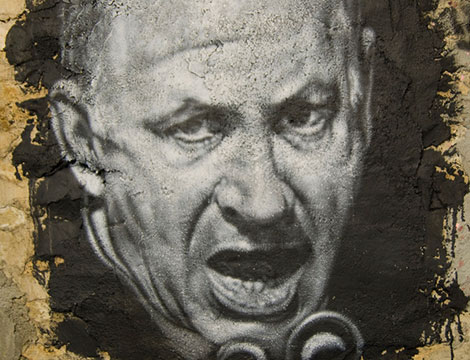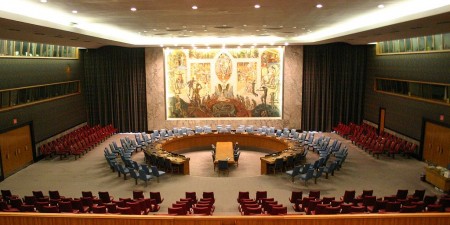
This article was originally published by the S. Rajaratnam School of International Studies (RSIS) on 18 January 2017.
Synopsis
UN Resolution 2334 condemning Israeli settlements was passed by the Security Council only because the US did not exercise its usual veto. As expected, the resolution was strongly opposed by Israel, which threatened to cut its funding to the United Nations. As we face an uncertain global order, it is crucial that countries work within the international system.
Commentary
UNITED NATIONS Resolution 2334, and the abstention vote by the United States, was a significant exercise in international diplomacy and its relationship with international law. The resolution condemned Israel’s illegal but expanding settlement project and demanded that Israel “immediately and completely cease all settlement activities in the ‘occupied’ Palestinian territory, including East Jerusalem.” The resolution was adopted with 14 votes in favour with only the US abstaining.
The passing of the resolution, made possible because of the US’ holding back its usual veto demonstrated that the decision to do the right thing through the international system is not necessarily based on the legality of the issue. While international law is clear on the illegality of settlements, this resolution was only adopted because key actors, such as the US, decided it was time to do the right thing. This allowed the Security Council to produce a fair outcome.

